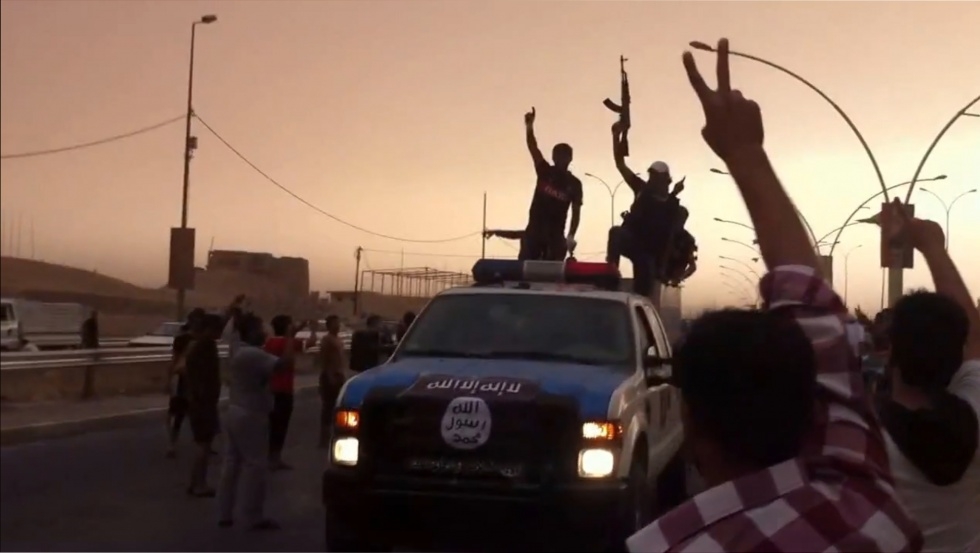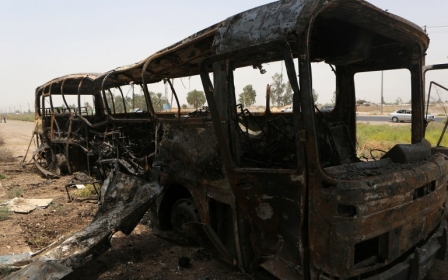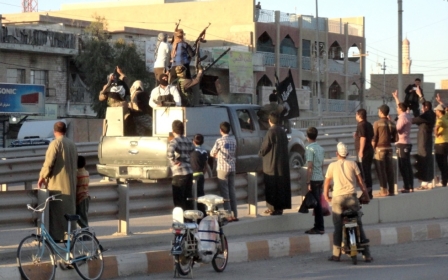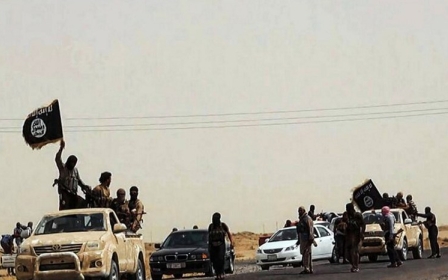Islamic State issues fatwa on FGM in Iraq: Reports

Islamic State (IS) militants in Iraq have issued an order that all women between the ages of 11 and 46 must undergo female genital mutilation.
If the group decides to go forward with the order, up to four million women and girls in the war-ravaged country could be affected, UN official said Thursday.
The UN's second most senior official in Iraq, Jacqueline Badcock, said, "It is a fatwa [from IS] we learnt about it this morning. We have no precise numbers."
However, a few IS-linked twitter accounts were quick to dispel the story, saying that the fatwa was faked and that a similar rumour had circulated last year.
Badcock said that if you took UN population figures as a guide, around "four million girls and women could be affected".
Female genital mutilation is unusual in Iraq and is only practised in "certain isolated pockets of the country", she added.
Particular concern has been shown for Christians in IS-held lands with Badcock saying that the majority of the Christian community had now fled Mosul, the northern Iraq city which IS has taken as the capital of its Islamic state. Only some 20 families are thought to have stayed, with the rest largely feeling to Kurdish-controlled areas.
On Thursday several hundred people took to the streets in the Kurdish capita Erbil to protest the forced displacement of Iraqi Christians and call for their protection. People of all faiths were represented in the march which called on the UN to step up and do more to end the crisis and help the hundreds of thousands of displaced Iraqis.
"We condemn the targeting of Christians in Mosul," read one banner.
"We call on the international community to protect the Iraqi people," read another.
UN’s Badcock said that some Christians have now converted to Islam under pressure from IS forces, while others have opted to stay and pay the jiyza, the tax on non-Muslim's IS has imposed.
Middle East Eye propose une couverture et une analyse indépendantes et incomparables du Moyen-Orient, de l’Afrique du Nord et d’autres régions du monde. Pour en savoir plus sur la reprise de ce contenu et les frais qui s’appliquent, veuillez remplir ce formulaire [en anglais]. Pour en savoir plus sur MEE, cliquez ici [en anglais].




